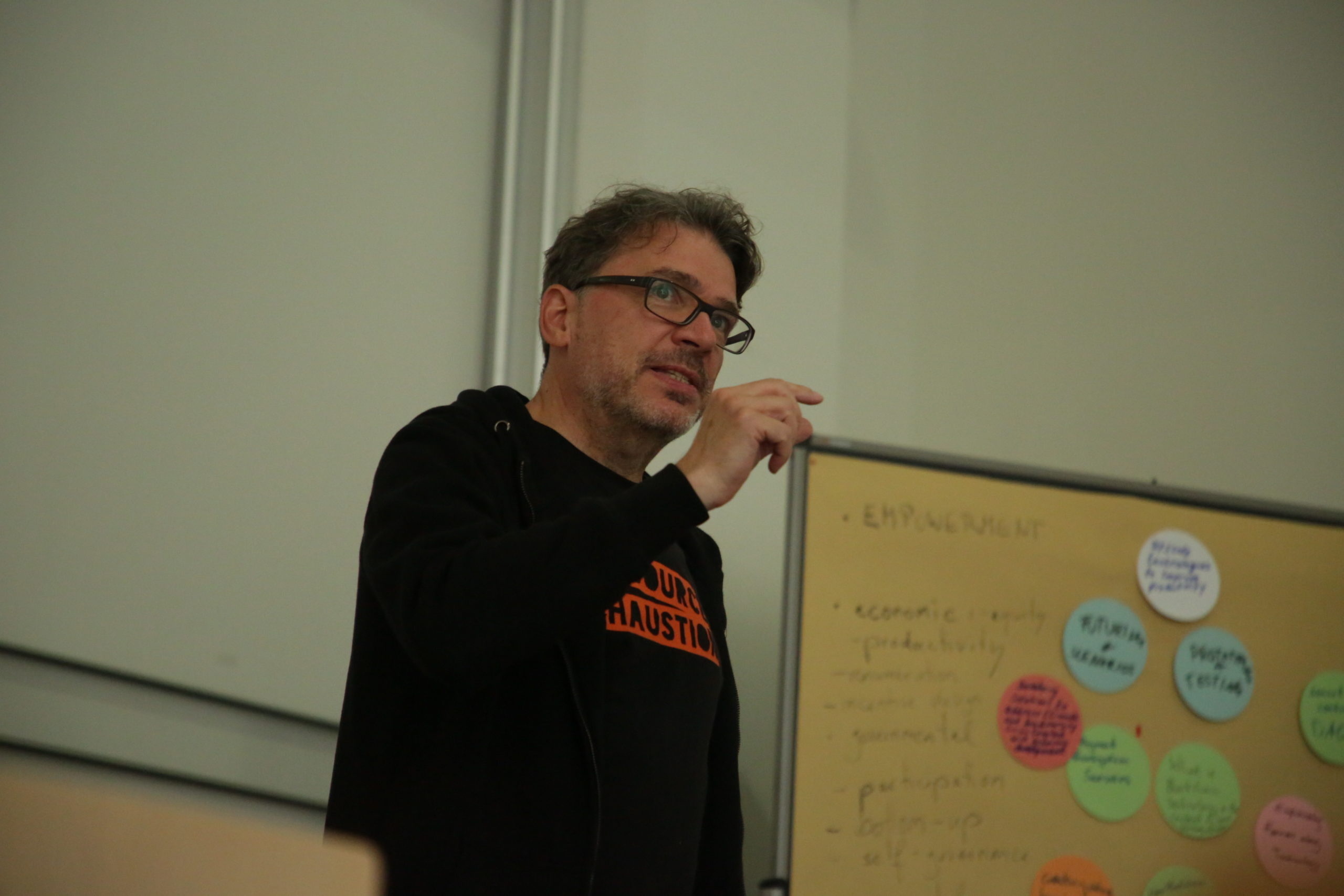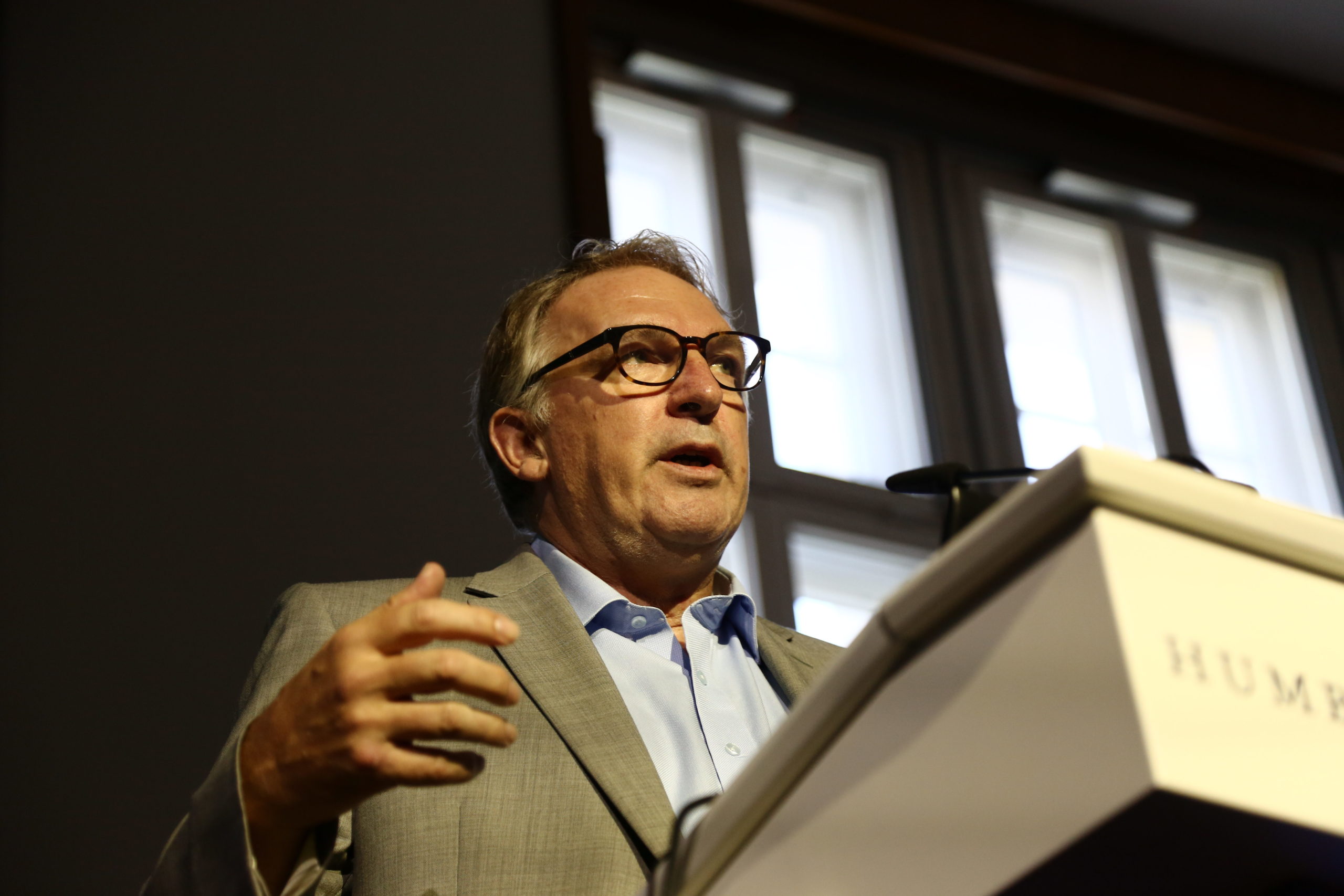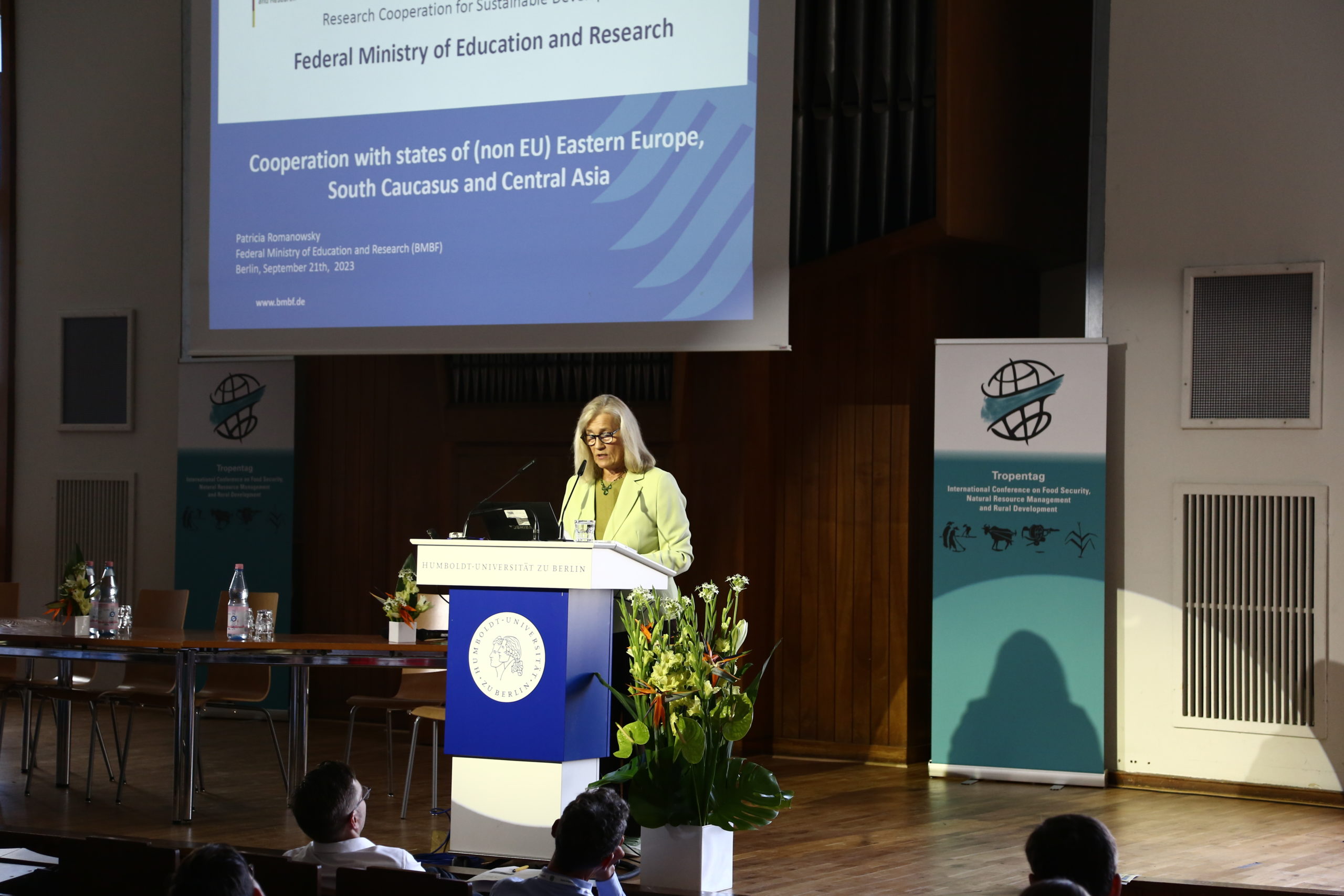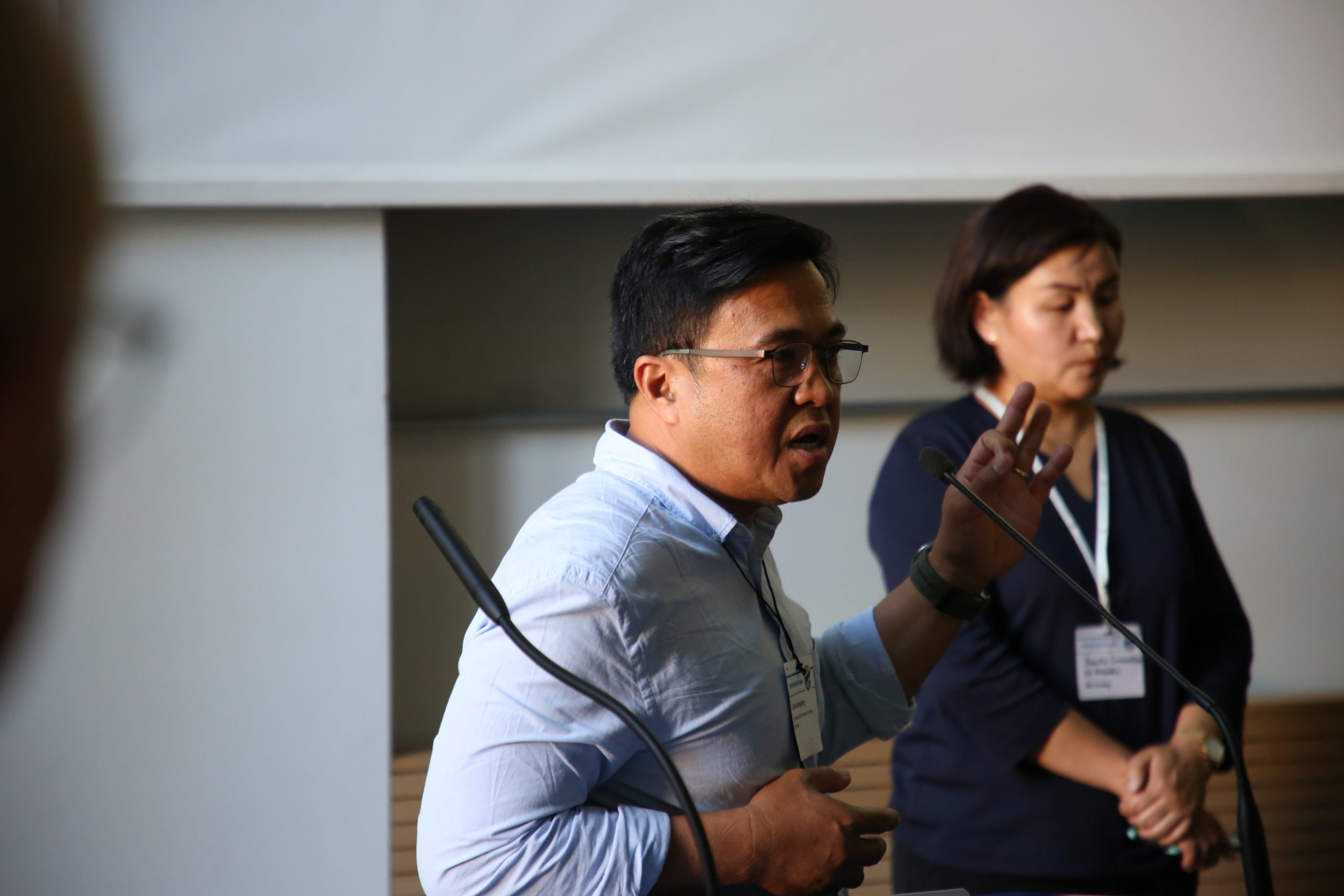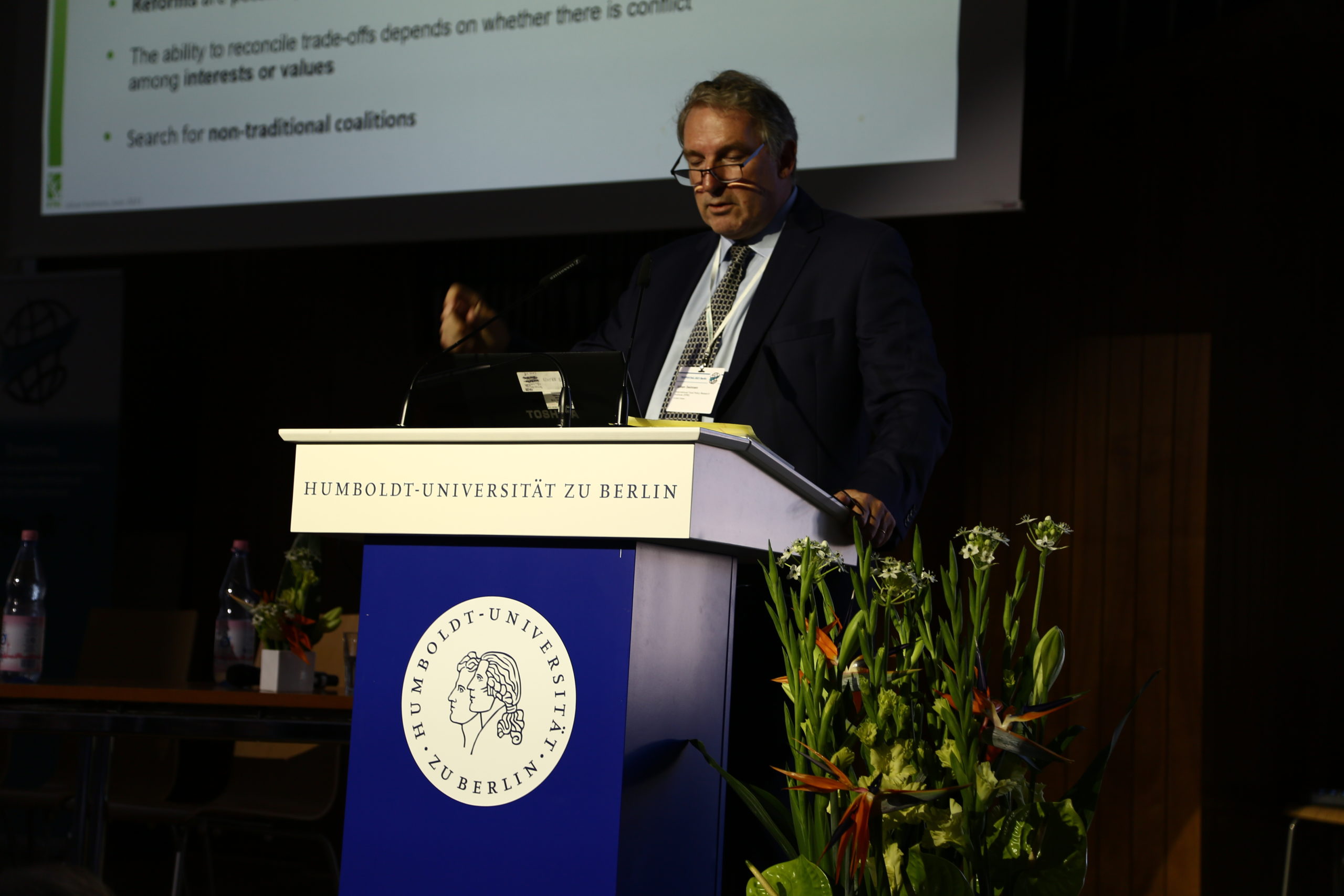In the world of sustainable agriculture, discussing “blockchain” and “farming” in the same breath might raise eyebrows, especially within the scientific community. Yet, in this workshop, we dared to venture into this intriguing territory and explored how blockchain and Web 3.0 could potentially revolutionize local initiatives within our food systems.
The BMZ-GIZ-CGIAR session initiates a discussion on the potential of Payments for Ecosystem Services (PES) schemes to enhance the economic well-being of smallholders while simultaneously promoting the desired environmental outcomes. Speakers share valuable insights from various PES implementations across Africa, Latin America, and Asia, shedding light on the potential trajectory of future PES schemes.
Through a series of engaging presentations and a thought-provoking panel discussion, researchers from various institutions showcase results of collaborative projects centered around sustainable development. These initiatives are supported by Germany’s Federal Ministry of Education and Research (BMBF) and the Project Management Agency (DLR-PT), in line with BMBF’s mission to foster stronger ties with non-EU Eastern European, South Caucasus, and Central Asian nations.
We often communicate in our own ways – humans say “hello,” cats meow, and dogs bark. But have you ever wondered how insects “talk”? At the University of Kassel, a PhD student working with CGIAR’s IRRI explores this intriguing question using science. What’s even more intriguing is that they used high-tech methods to eavesdrop on insects! While we don’t know if the insects granted their consent for this technological eavesdropping, we’re certainly curious about what these tiny rice storage insects have to say.
The “aftershock” from recent crises have rippled across the globe, with tangible effects seen not just in soaring food prices and protests spanning Africa, Latin America, and Europe, but also in exacerbating trends of forced displacement and escalating food crises worldwide. At the helm of the International Food Policy Research Institute (IFPRI), Johan Swinnen draws attention to the critical strategies needed to transform our existing food systems, to make them more resilient and sustainable.

